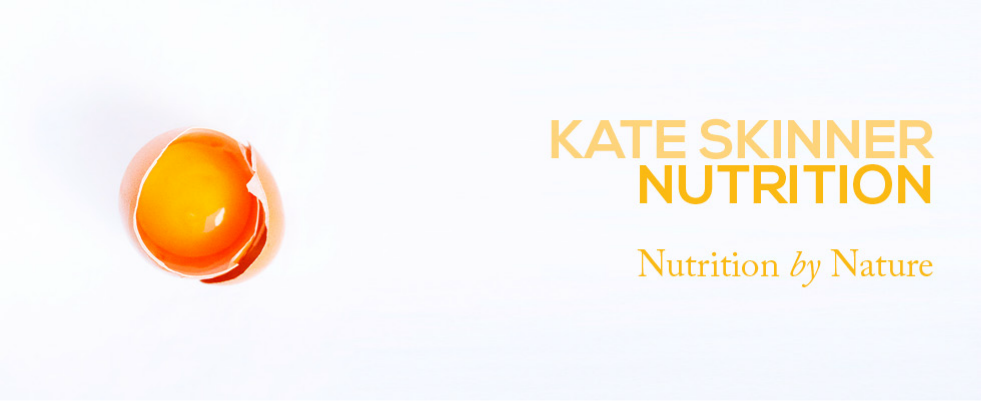I really, really love milk. And cheese. And cream, yoghurt, custard and ice cream! But I get that not everyone enjoys (or can tolerate) dairy. Whatever your reason, the problem with not consuming dairy is that it is pretty difficult to obtain enough calcium in your diet via non-dairy sources – the calcium in vegetable foods such as broccoli, kale, dried figs and chickpeas tends to be poorly bioavailable, inadequately digested and inconvenient (you’d have to eat a truckload of figs or broccoli, which may come along with other, uh, ‘side effects’).
Calcium is the most abundant mineral in our body, and its role isn’t just limited to the formation and preservation of bone and teeth. We need ample amounts (at least ~1000mg) daily for muscle contraction, nerve health, blood pH regulation, enzyme activity and cell formation as well. Requirements for this mineral are also increased during stress and conditions of inflammation, including obesity, cardiovascular disease, metabolic syndrome, most degenerative diseases and other ailments. Also, it’s important to realize that there is a bit of ‘calcium paradox’, in that diseases that present with calcium deposits in soft tissues (soft tissue calcification) actually become worse when the diet is low in calcium. People suffering from arthritis, bursitis, scleroderma, kidney stones or calcification of the arteries are sometimes afraid to eat foods rich in calcium, but this shouldn’t be the case. Calcium is so vital, that if we don’t get enough through dietary sources, the body has no problem pulling what it needs from it’s own stores – teeth and bones. Therefore, let’s just say that it’s a nutrient you want to be getting in an adequate, continual supply.
Whilst fortified foods such as cereals, tofu and rice milk boast that they’re “high in calcium” on their labels, they come hand-in-hand with other rubbish ingredients (additives, preservatives, synthetic vitamins, vegetable oils and soy proteins, for example), and the majority of over-the-counter calcium supplements are carelessly formulated to contain excessive exipients (additives, binders and fillers), and forms of calcium that are poorly absorbed in the body and may also be damaging. Fortunately, this natural food supplement I’m recommending below is miles better than any commercial supplement, both in formula and calcium bioavailability, and it can be simply and very cheaply prepared at home.
Enter, egg shell calcium.
Whilst fortified foods such as cereals, tofu and rice milk boast that they’re “high in calcium” on their labels, they come hand-in-hand with other rubbish ingredients (additives, preservatives, synthetic vitamins, vegetable oils and soy proteins, for example), and the majority of over-the-counter calcium supplements are carelessly formulated to contain excessive exipients (additives, binders and fillers), and forms of calcium that are poorly absorbed in the body and may also be damaging. Fortunately, this natural food supplement I’m recommending below is miles better than any commercial supplement, both in formula and calcium bioavailability, and it can be simply and very cheaply prepared at home.
Enter, egg shell calcium.

Egg shell calcium is, quite simply, just powdered, ground up egg shells. It’s easy to make, palatable to take, and makes use of something you’d generally be throwing away. All you have to do is use the eggs as you normally would*, then run the discarded egg shells under clean water, removing all the remaining egg white from the shell. You can then boil the egg shells in water, for a few minutes, if you feel as though you need to kill any bacteria (obviously this step can be omitted if you’ve used your eggs to make boiled eggs), then air-dry the egg shells. Using a blender, coffee grinder, or mortar and pestle, pulverize the egg shells until they form a dry powder.
*Note: make sure you eat the eggs too!
*Note: make sure you eat the eggs too!
An egg shell from an average-sized, good quality egg will contain approximately 2 grams of calcium in the form of calcium carbonate, which is about double your minimum daily requirement. It will also contain trace amounts of magnesium, phosphorus, sodium, potassium, zinc, manganese and copper (depending on the source and quality of the egg). You can take around ½-1 tsp of powdered egg shell either plain, or in drinks, smoothies, on yoghurt, etc – you won’t notice it blended into other foods. I’d recommend taking it in a smoothie with fresh fruit or coconut water (for potassium) and a raw egg yolk or ½-1 tbs of pastured butter or 2 tbs cream (as a source of vitamin D and fat) (yes, you can blend these into the smoothie – they’re nutrient-dense and delicious).
Also, as a side note, apologies for the lack of posts! Things have been a little quiet on the Nutrition by Nature front as I am in the throws of an exciting, new project, which I’ll be able to announce in the coming weeks. At the moment it’s taking up much of my time. Be sure to follow along on the Facebook page (which I’ve given a little more love than the blog lately!) for news and updates in the new year. Thanks!

